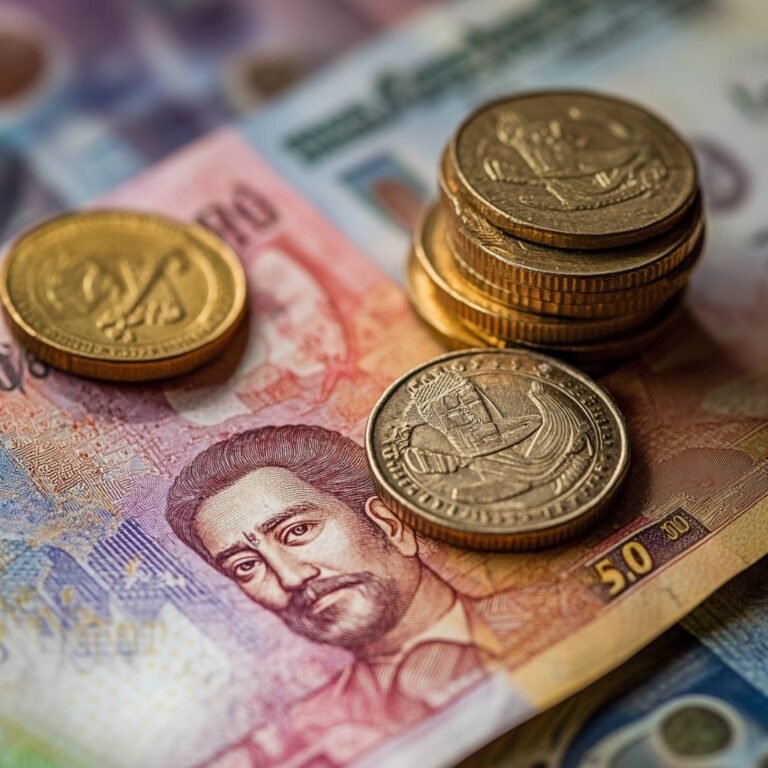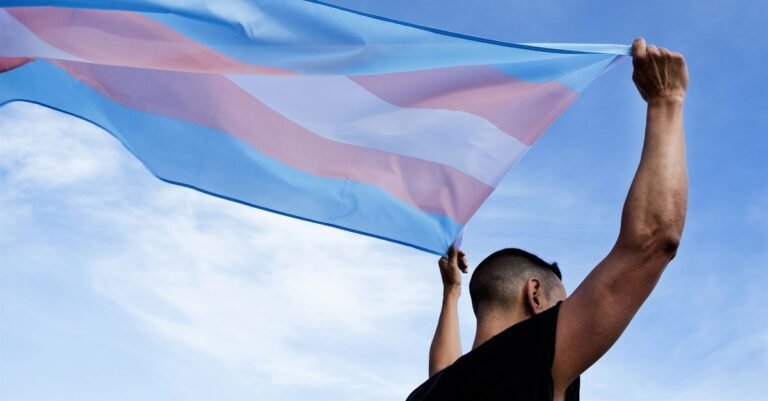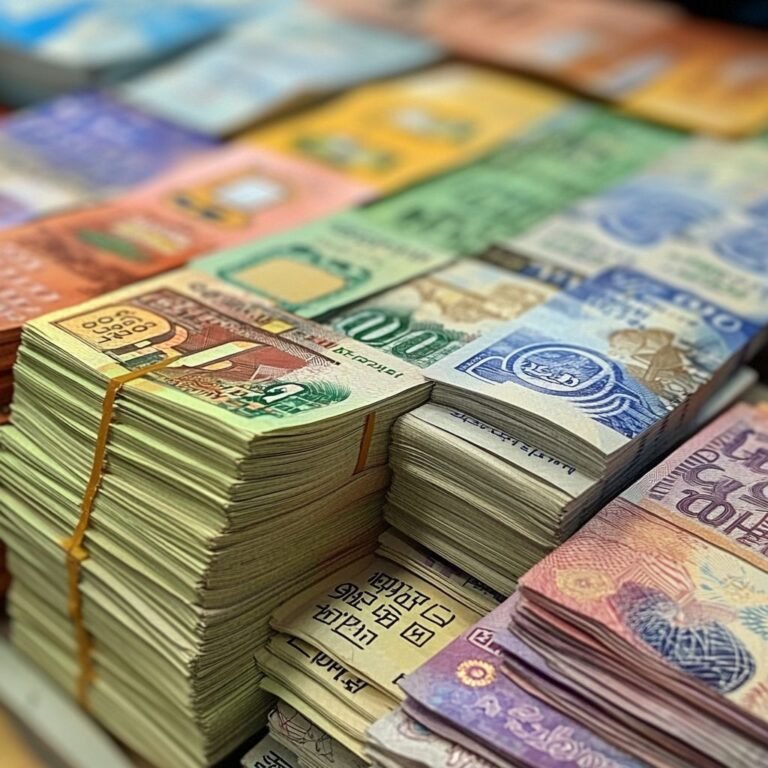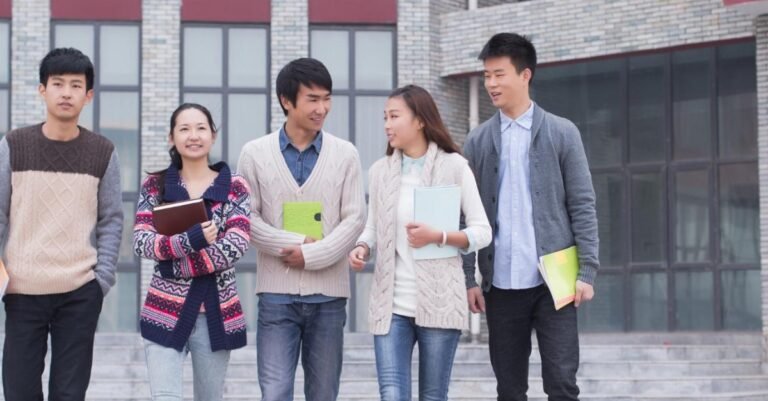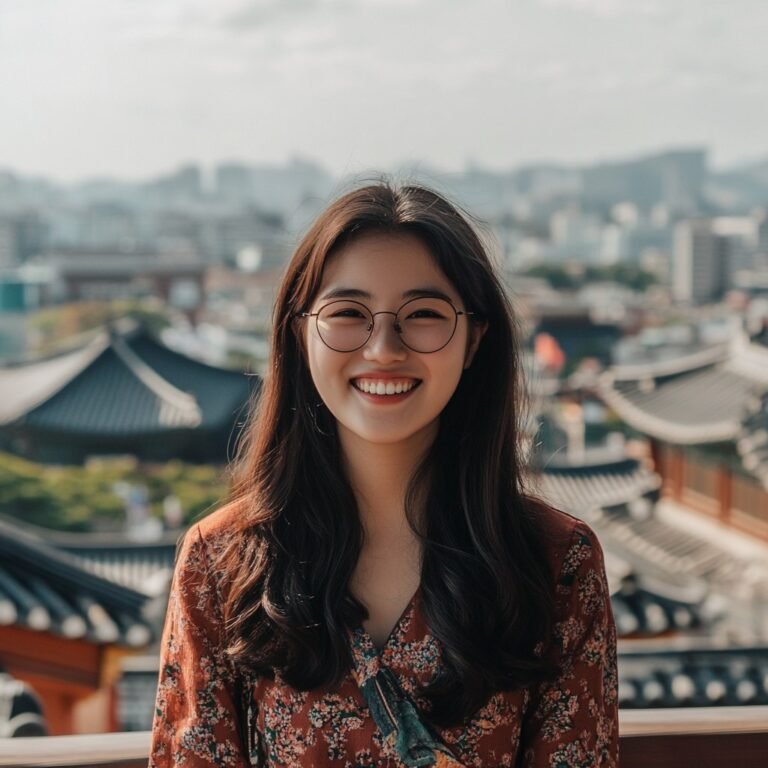What are the Types of South Korea Student Visa for Nepali Students?
Studying in South Korea has become an increasingly popular option for Nepali students due to the high-quality education, unique cultural experience, and opportunities for international students. To pursue higher education in South Korea, Nepali students need to obtain the appropriate visa. South Korea offers various types of student visas depending on the purpose and level of study. In this comprehensive guide, we will delve into the types of student visas available for Nepali students, the application process, and tips for choosing the right visa for your educational journey.
1. D-2 Visa: The Standard Student Visa for Degree Programs
The D-2 visa is the most common type of student visa issued to international students, including Nepali students, who wish to pursue degree programs at South Korean universities. It applies to students enrolled in undergraduate (bachelor’s), graduate (master’s), and doctoral programs.
Key Features:
- Eligibility: Students enrolled in a full-time degree program at a recognized South Korean university.
- Duration: The visa is typically granted for the duration of the program but needs to be renewed annually.
- Work Permit: With a D-2 visa, students are allowed to work part-time for up to 20 hours per week during the semester and full-time during vacations.
- Financial Requirement: Students must provide proof of financial capability to cover tuition and living expenses during their stay.
Why Choose D-2 Visa?
- This visa is ideal for students who want to pursue a long-term academic degree and build a strong foundation for their future careers. The flexibility to work part-time also helps students manage their expenses while gaining work experience.
Types of D2-VISA
| Visa Type | Category | Purpose | Eligibility | Duration | Examples |
|---|
| D-2-1 | Associate Degree Program | For students pursuing associate degrees at junior colleges. | Enrollment in a recognized South Korean junior college. | Program duration (renewable) | Studying a 2-year associate degree in fields like nursing, engineering, or business. |
| D-2-2 | Bachelor’s Degree Program | For students enrolled in undergraduate programs at universities. | Admission to a recognized university for a bachelor’s degree. | Program duration (renewable) | Studying an undergraduate degree in areas like humanities, science, or engineering. |
| D-2-3 | Master’s Degree Program | For students pursuing a master’s degree at graduate schools. | Acceptance into a graduate school for a master’s program. | Program duration (renewable) | Studying a master’s in business, IT, or social sciences. |
| D-2-4 | Doctoral (Ph.D.) Degree Program | For students enrolled in doctoral (Ph.D.) programs at universities. | Acceptance into a doctoral program at a recognized university. | Program duration (renewable) | Conducting Ph.D. research in fields like biotechnology or advanced engineering. |
| D-2-5 | Exchange Student Program | For students participating in short-term exchange programs between universities. | Must be part of an academic exchange agreement between institutions. | Up to 1 year (renewable) | Studying as an exchange student for one semester or one academic year. |
| D-2-6 | Research Program | For students conducting research programs affiliated with universities. | Affiliation with a university or research institution for academic research purposes. | Program duration (renewable) | Participating in postgraduate research projects in a specific field. |
| D-2-7 | Combined Degree Program | For students in combined master’s and doctoral programs. | Admission to a program that integrates master’s and doctoral studies. | Program duration (renewable) | Enrolled in a combined program leading to both a master’s and a Ph.D. |
| D-2-8 | Short-Term Study Program | For students pursuing short-term academic programs at universities. | Enrollment in short-term non-degree academic courses at a recognized university. | Varies (usually less than 1 year) | Taking a 6-month course in business, technology, or Korean studies. |
2. D-4 Visa: General Training Visa
The D-4 visa is a non-degree visa designed for students enrolled in language courses or other non-degree programs in South Korea. This visa is particularly relevant for Nepali students who want to improve their Korean language skills before entering a degree program or for those engaged in vocational or short-term training.
Key Features:
- Eligibility: Students attending language schools or vocational training programs.
- Duration: The D-4 visa is valid for six months to one year, depending on the program.
- Work Permit: After six months of residence, D-4 visa holders may be allowed to work part-time for up to 20 hours per week.
- Language Courses: Many Nepali students opt for Korean language programs under the D-4 visa before applying for a D-2 visa for degree courses.
Why Choose D-4 Visa?
- This visa is ideal for students looking to strengthen their Korean language proficiency or gain specific vocational skills. It serves as a stepping stone for students who eventually want to pursue a degree in South Korea but need language preparation.
Types of D4 VISA
| Visa Type | Category | Purpose | Eligibility | Duration | Examples |
|---|
| D-4-1 | Korean Language Training | For students attending Korean language programs at university-affiliated institutes. | Acceptance into a Korean language program at a recognized institution. | 6 months to 1 year (renewable) | Learning Korean to qualify for higher education or personal development. |
| D-4-2 | Technical Training (Industrial) | For individuals undergoing technical or industrial training in specific industries. | Admission to a recognized technical training institution or employer sponsorship. | 6 months to 2 years (renewable) | Training in fields like IT, mechanics, construction, or manufacturing. |
| D-4-3 | Educational Institution (Non-University) | For students enrolled in non-degree programs at private academies or specialized schools. | Acceptance to training centers or schools for non-degree education or certification. | Program-dependent (renewable) | Studying music, fashion design, cooking, or arts at a private academy. |
| D-4-5 | Internship or On-the-Job Training | For individuals participating in internships or practical training programs. | Must be enrolled in an internship program as part of academic or professional training. | Varies (usually less than 1 year) | Completing an internship as part of an academic exchange or skill-building program. |
| D-4-6 | Government/Organization-Sponsored Training | For individuals in training programs sponsored by governments or international organizations. | Admission into a program organized by a government or international institution. | Program-dependent | Learning specialized skills under Korean government-funded or organizational programs. |
| D-4-7 | Short-Term Training or Study | For individuals attending short-term education or training programs in South Korea. | Admission into short-term courses, workshops, or skill-focused programs. | Up to 6 months (renewable) | Enrolling in cultural exchange programs, certification courses, or other short-term training. |
3. D-10 Visa: Job Seeking Visa for Graduates
For Nepali students who have already completed their studies in South Korea and are looking for employment, the D-10 visa, also known as the Job Seeking Visa, offers an extended stay while they search for a job.
Key Features:
- Eligibility: Graduates of South Korean universities who wish to stay in the country to look for a job.
- Duration: The visa is granted for six months and can be extended up to one year.
- Job Searching: Students can actively seek full-time employment in their field of study.
- Transition to Work Visa: Once a job is secured, the D-10 visa can be converted to a work visa (E-7) for long-term employment.
Why Choose D-10 Visa?
- This visa is highly beneficial for students who want to stay in South Korea after graduation to pursue professional opportunities. It gives them time to network and apply for jobs that align with their qualifications.
4. F-3 Visa: Dependent Visa for Family Members
The F-3 visa is a dependent visa issued to the family members of D-2 or D-4 visa holders. Nepali students studying in South Korea can bring their spouse and children under this visa.
Key Features:
- Eligibility: Spouses and unmarried minor children of D-2 or D-4 visa holders.
- Duration: The visa is granted for the same duration as the primary visa holder.
- Work Permit: Family members on an F-3 visa are generally not allowed to work unless they obtain a separate work permit.
Why Choose F-3 Visa?
- This visa allows Nepali students to maintain their family life while studying in South Korea, providing emotional and social support. It’s especially useful for students pursuing long-term programs such as master’s or PhD degrees.
5. E-3 Visa: Short-term Training or Internship Visa
The E-3 visa is designed for students or professionals who want to engage in short-term training or internships in South Korea. Although not as common as the D-series visas, some Nepali students may use this visa for short-term professional development opportunities.
Key Features:
- Eligibility: Students or professionals engaged in specialized training or internships.
- Duration: Typically valid for six months to one year.
- Work Permit: The visa is limited to the specific internship or training program and does not allow for other employment.
Why Choose E-3 Visa?
- For students looking to gain short-term professional experience, the E-3 visa offers an opportunity to engage in industry-specific training that may enhance their career prospects.
6. D-5 Visa: Exchange Program Visa
The D-5 visa is for students participating in exchange programs between universities in Nepal and South Korea. These programs typically last one semester to a year and allow students to experience the academic environment in South Korea without committing to a full degree program.
Key Features:
- Eligibility: Students enrolled in exchange programs between partner universities.
- Duration: Valid for the duration of the exchange program, usually six months to one year.
- Work Permit: Students are generally not permitted to work under this visa.
Why Choose D-5 Visa?
- Exchange programs are an excellent way for Nepali students to get a taste of South Korean education, culture, and lifestyle without a long-term commitment. It’s a great option for those looking to enhance their global perspective.
Application Process for South Korea Student Visa
The application process for a South Korea student visa is straightforward but requires careful planning and preparation. Here are the general steps involved:
- University Admission: Secure admission to a recognized university or institution in South Korea.
- Visa Application: Submit your visa application to the South Korean embassy in Nepal along with the required documents, including:
- Admission letter from the university
- Financial proof showing you can cover tuition and living expenses
- Medical certificate (if required)
- Passport and photos
- Visa application fee
- Interview: Attend an interview at the embassy if required.
- Approval and Visa Issuance: Once your visa is approved, you can collect your visa and make arrangements to travel to South Korea.
Also read about: S. Korea Student Visa Application Guide for Nepali Students
Conclusion
South Korea offers a variety of student visas tailored to different educational paths, from degree programs to language courses and exchange programs. As a Nepali student, it’s essential to choose the right visa that aligns with your academic and career goals. Whether you are aiming for a long-term academic degree, vocational training, or short-term professional experience, South Korea’s visa system provides flexibility and opportunities to help you succeed.
Let Us Assist You!
Are you ready to embark on your educational journey to Korea? Need help with university applications, scholarships, or visa processes? Contact our team of experts at Study in Korea from Nepal for personalized support and guidance.
From ensuring your applications are meticulously prepared to advising on the nuances of studying abroad, we’re here to assist you in every step. Don’t let the complexities of international education hold you back.
Contact us today to start your adventure in Korea!

